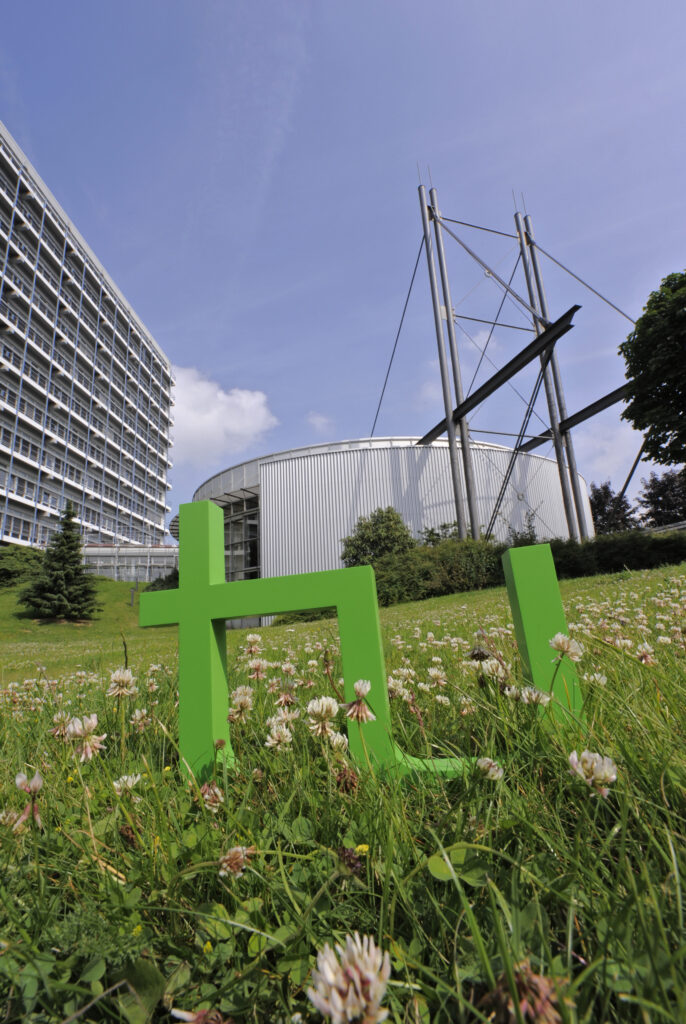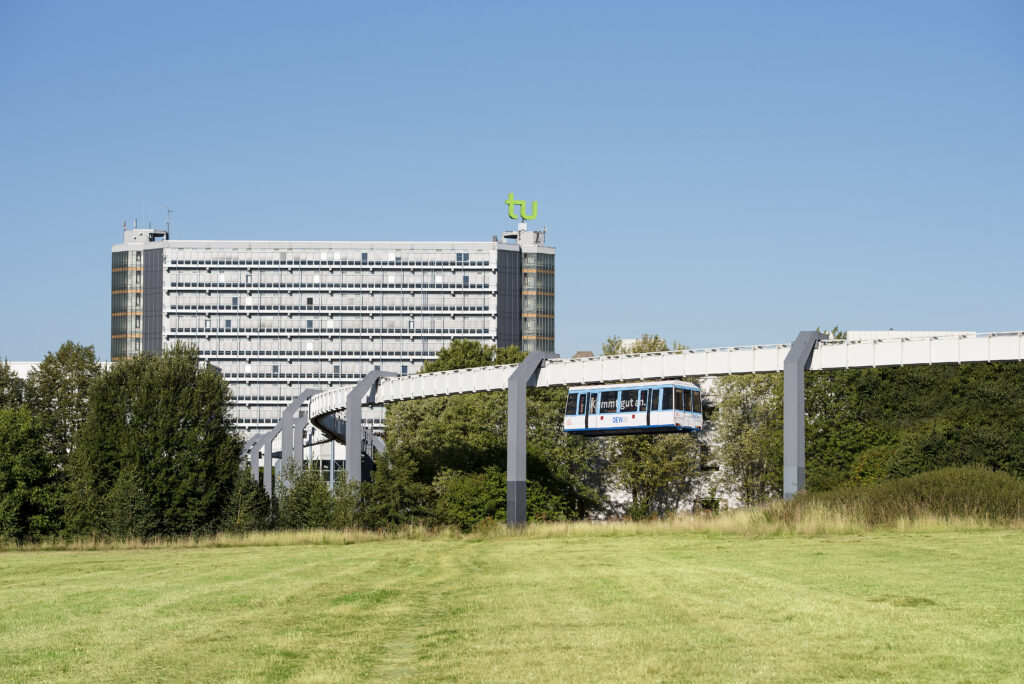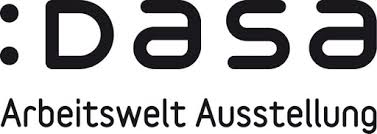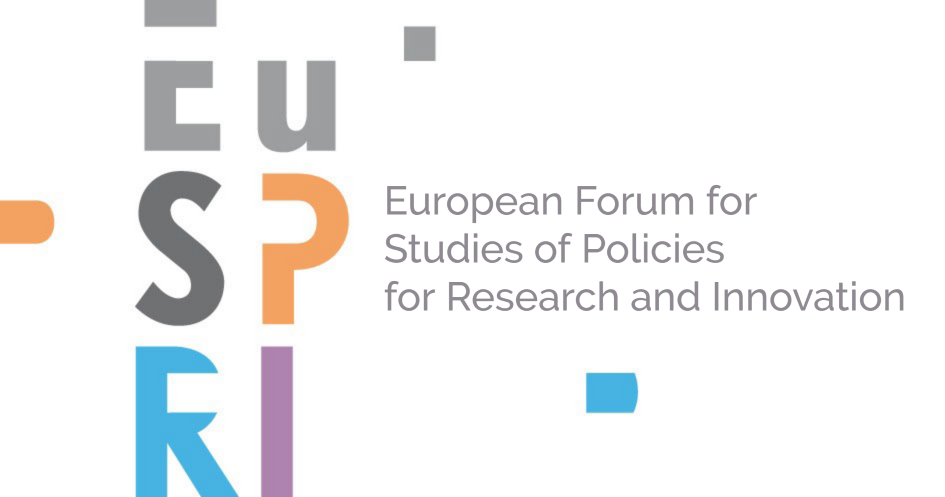
was on 11 – 13 June 2025
Venue: TU Dortmund University.
… the conference ended with great success!
We would like to thank all participants and guests for a successful event!
You can find the latest news and links on the news page
Shaping societal futures with STI Policies
In recent years, the question of the contribution of STI policies to overcoming the major societal challenges and supporting the necessary transformation processes has increasingly become the focus of attention. Against the backdrop of deepening social, ecological and economic crises, the question of the extent to which STI policy is able to respond to rapidly changing and often unpredictable developments and to strengthen the resilience and the innovative capacity of our societies is becoming more and more important.
What contribution can STI policy make in order to ensure prosperity in an effective and sustainable way and to create a just and resilient society in which nature and the environment, the economy and people’s needs are in harmony? In view of far-reaching social, ecological, technological and geopolitical changes, social, digital and green transitions must be systematically interlinked.
This also raises the question of how the innovation potential of society can be strengthened to increase the impact of STI policies and, more generally, what kind of innovation concept is needed to facilitate the achievement of the diverse and sometimes contradictory goals under the conditions of increasingly crisis-ridden processes.
Against this background, the conference will address a number of interrelated questions:
- What contributions can policies for science, technology, and innovation make to increase the resilience of societies? How can social, ecological and economic goals be combined?
- Which alternative (post-Schumpeterian) models of innovation and innovation policy have emerged? How can different types of innovation (social and technological innovations) be systematically linked (comprehensive innovation policy, just transition, etc.)?
- How can we strengthen the link between STI policies and other policies to better tackle major societal challenges (Industry 4.0, triple transition, National Strategy for Social Innovation and Enterprises for the Common Good…)?
- Which empirical contributions critically examine the potential and limitations of STI policies? Which are its dark sides, its undesired and unexpected impacts?
- Given that the entire growth-based paradigm has come under scrutiny in debates around sufficiency, maintaining, de-growth, post-growth or resilience, how can the concept of innovation be critically reflected by focusing on its ambivalence and destructive side?
- What lessons can be learned from the experiences of the Global South? Which types of innovation research, policy and practice can provide impulses for learning processes in the Global North?
- How can the impact of the STI policy be assessed in a comprehensive sense?


Location
The conference will take place on the campus of the TU Dortmund University. The central location of the campus offers you excellent connections to public transport and the highways.
How to get there
By car: the campus of the Technical University of Dortmund is located near the Dortmund West highway junction, where the A45 Sauerland line crosses the B1/A40 Ruhr expressway. The Dortmund-Eichlinghofen exit on the A45 leads to Campus South, the Dortmund-Dorstfeld exit on the A40 to Campus North. The university is signposted at both exits.
By bus and train: the “Dortmund Universität” S-Bahn station is located directly on the North Campus. From there, the S-Bahn line S1 runs every 15 or 30 minutes to Dortmund main station and in the opposite direction to Düsseldorf main station via Bochum, Essen and Duisburg. The university can also be reached by bus lines 445, 447 and 462. Timetable information can be found on the homepage of the Rhine-Ruhr transport association, and DSW21 also offers an interactive route network map.
By H-Bahn: the H-Bahn is one of the landmarks of TU Dortmund University. Line 1 runs every 10 minutes between Dortmund Eichlinghofen and the Technology Center via Campus South and Dortmund University S, while Line 2 runs every 5 minutes between Campus North and Campus South. It covers this route in two minutes.
By plane: from Dortmund Airport, you can take the AirportExpress to Dortmund Central Station in just over 20 minutes and from there take the S-Bahn to the university. Düsseldorf Airport, around 60 kilometers away, offers a wider range of international flight connections and can be reached directly by S-Bahn from the university station.

The Conference is supported by the European School of Social Innovation

The conference dinner is organized in cooperation with DASA (German Exhibition of the World of Work)
